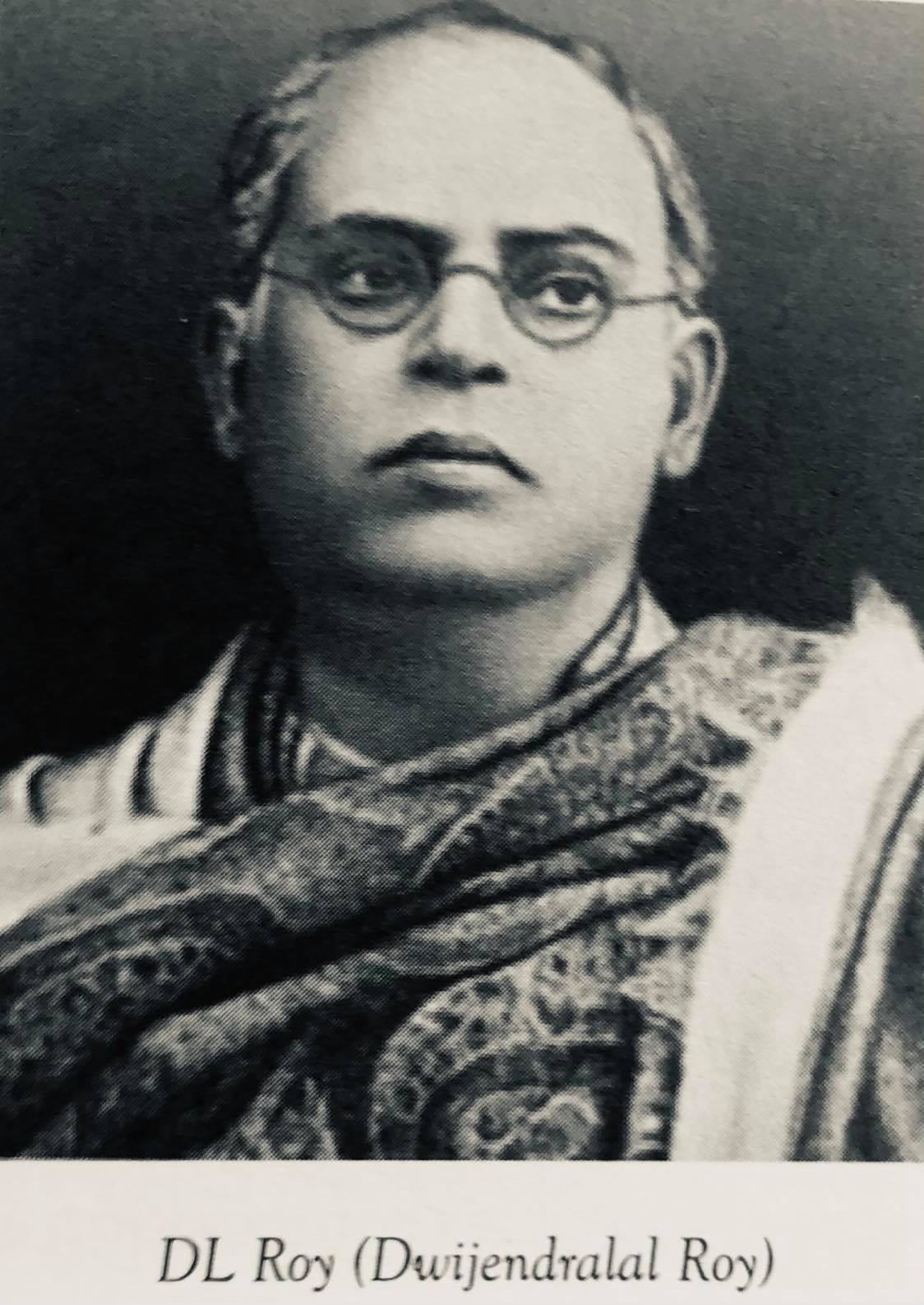Dayal Roy – he was called by this name by the locals of the settlement of Sujmutha Pargana in Medinipur district, where he served as a deputy magistrate. The British Raj was oppressive and unjust in those days towards the farmers. When this deputy magistrate arrived, he reduced the taxes for the farmers. The news reached the Lieutenant General, and the governor came to investigate. A dispute arose between the governor and the deputy magistrate, leading to a court case. He managed to save his job but the deputy magistrate’s promotion was blocked. Nevertheless, he was satisfied, knowing that he had done something for the farmers of Bengal.
He was born on 19th July 1863, into a prominent family in Krishnanagar. His father, Kartikeyachandra Ray, was a Diwan (chief officer) in the Krishnanagar Raj family and a famous musician. He had connections with Iswarchandra Vidyasagar, Ramtanu Lahiri, and Dinabandhu Mitra in their families. He grew up in an environment filled with music, and his love for singing started at a very young age. At the age of only nine, he began composing songs. After completing school in Krishnanagar, he joined the Presidency College in Calcutta, where he earned his M.A. Later, he went abroad to study agriculture but returned when he realized that he had a passion for writing songs. Unable to find a suitable job, he became a deputy magistrate.
He married Surabala Devi, the daughter of a homeopathic physician from Andulia, in 1887. Their married life deeply inspired his literary creations. He would weave garlands for her, patiently and lovingly. Their marital life lasted only sixteen years when his wife passed away. After her death, he could no longer write love songs. Instead, he channelled his energies into writing patriotic plays one after another, including Rana Pratapsingh in 1905. Then came Ekghore, Kalki Avatar, Biraha, Sita, Tarabai, Durgadas, Mewar Patan, Nurjahan, Sajahan, Chandragupta, and Sinhal Vijay. The play Mewar Patan impressed Jagadish Chandra Bose so he requested to write something for Bengal. He penned “Bang Amar Janani Amar.”
He wrote around five hundred songs and composed the tunes for 132r songs. He wrote twenty-one plays. In 1905, he founded the literary society “Purnima Milan.” The idea of the magazine “Bharatbarsha” also came to his mind. However, a month before its publication, he passed away.
He wrote the song “Emon Deshti Kothao Khuje Pabe Nako Tumi,” which became synonymous with Bengali identity, beloved by every Bengali.
